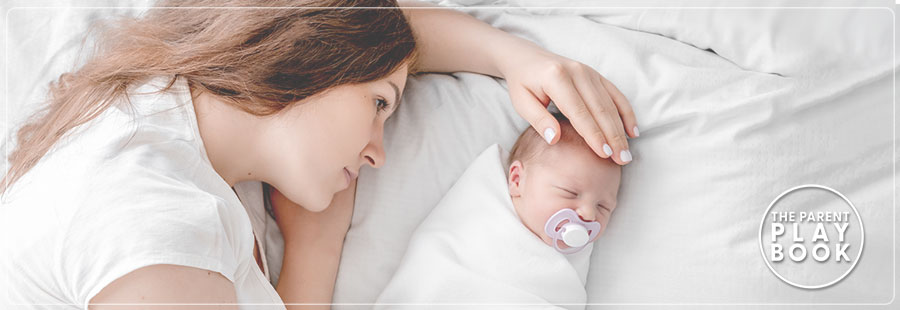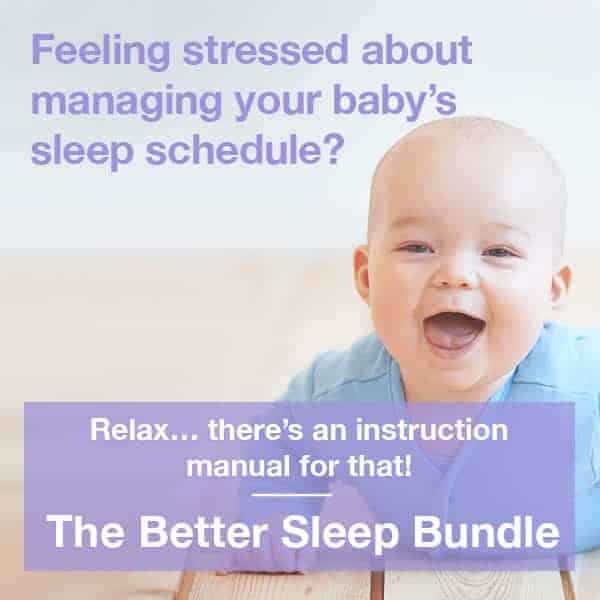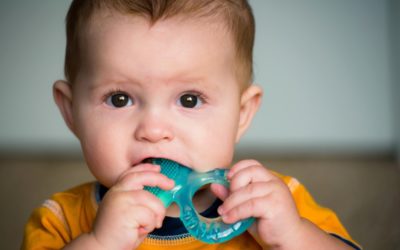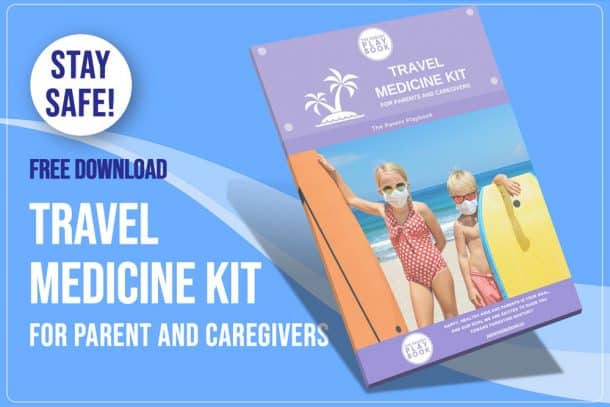Do you Have a Jaundiced Baby?
In the first week of age, most babies will have some yellow discoloration to the skin. This is often worrisome for parents but almost always resolves on its own as the baby starts to drink more milk.
Jaundice Definition
Jaundice is a yellow change in the skin color and yellow change to the whites of the eyes. Jaundice of the eyes is called scleral icterus.
Jaundice Causes
Jaundice newborn is caused by rising bilirubin in the blood, as red blood cells break down. Jaundice typically is seen first in the baby’s eyes, called scleral icterus, and then works its way down from the head to the body if the bilirubin level rises.
Usually, we see jaundice appearing within the first 24 hours after birth, peaking between days 3 to 5. Then it decreases over the next two weeks. Over half of newborns develop jaundice in the first week, but less than 2% develop dangerous levels. However, if bilirubin levels are too high, it can be toxic to the brain.

Babies should be assessed in the first three days of life with a blood test or a trans-cutaneous measurement to ensure the level is not high. Your doctor or midwife will then decide if the bilirubin levels are high enough to warrant treatment.
If your newborn baby has developed jaundice within the first 24 hours of life, they are not feeding well, lethargic, and not peeing or pooing enough. The baby should be seen by a physician immediately.
What Causes Newborn Jaundice?
Jaundice in newborns is usually caused by what we call breastfeeding jaundice due to relative dehydration after birth.
As mom’s milk comes in or baby takes more formula, jaundice typically fades. There are other causes of jaundice in babies, such as metabolic problems, thyroid disturbances, liver issues, incompatibility between mom and baby’s blood type, and others. But these jaundice causes are far less common than ‘breastfeeding jaundice’ from early dehydration.
Treatment for Jaundice in Babies
Most babies with jaundice do not require any treatment. Typically, jaundice will resolve on its own if a baby is feeding, peeing, and pooping well.
If the bilirubin level is too high, the baby will require special phototherapy lights to decrease the bilirubin level. Babies who need light therapy are placed in a bassinet or incubator, and special lights are placed all around.
The baby’s body is usually naked, except for a diaper, and they wear baby sunglasses to protect their eyes. It is very comfortable and warm, and babies see, very happy in these conditions. Perhaps it mimics the comfort of being inside again!
You will be able to feed the baby by breast or bottle every few hours, but instead of laying the baby down in their crib or bassinet at home, the baby will spend their sleeping time bathed in these lights: the more exposed skin that receives light, the better.
These will allow the bilirubin levels to come down as quickly as possible.
Occasionally babies who are not feeding well will receive fluids intravenously, but most babies can breast or bottle-feed between light sessions.
A small number of babies will need a blood transfusion if the level is very high or not responding to phototherapy. This is very uncommon. Making sure the baby takes enough breast milk or formula is most important. Don’t worry. If a baby’s jaundice is detected early and treated without delay, the vast majority of babies will be healthy and develop normally.
Jaundice Prevention
Some babies experience jaundice, which is caused by an excess of bilirubin. The best way to prevent jaundice is through adequate feeding and breastfeeding for the first few days after birth.
Breastfed babes should have eight to twelve feedings a day during their early life while formula-feeders are typically recommended one or two ounces every 2 -3 hours within the 1st week of infancy.
FAQ’S
Can a baby die from Jaundice?
Bilirubin is an unfortunate by-product of red blood cells that can cause brain damage and death in severe jaundice cases.
Does jaundice cause a breakdown of red blood cells?
Jaundice is a condition where too much bilirubin, the substance that gives blood its signature color, accumulates in your bloodstream. Bilirubin comes from red cells, which die and pass through the liver for processing and removal.
But when something goes wrong with this process due to an underlying issue like hepatitis or cirrhosis of the liver, then those dead cells can accumulate quickly, leaving you feeling extra tired as well as looking jaundiced!
Why does Jaundice cause yellowing of the skin?
Jaundice is a condition where your skin, eyes, and mucous membranes turn yellow. This change in coloration occurs when you have high levels of bilirubin which are caused by the breakdown of red blood cells from earlier on in this paragraph.
Bilirubin is a yellow bile fluid secreted by our liver, so it’s important to take care to ensure that we remain healthy!
Does jaundice only occur in newborns?
Jaundice is one of the most common conditions that affect newborn babies. It’s estimated six out of every ten will develop jaundice, including eight out of 10 born prematurely before 37 weeks gestation, but only around 1 in 20 have a blood bilirubin level high enough to need treatment.
Is jaundice hereditary?
Several conditions increase the chance of your baby getting jaundiced. These include: incompatibilities between your blood type and theirs, family history, premature delivery or medically induced labor (if these things happen prematurely), increased bilirubin levels during pregnancy from various causes. It can be hereditary.
How long does infant jaundice last?
Treatment is not usually needed for newborn jaundice because symptoms will typically pass within 10 to 14 days. But if a baby’s bilirubin levels are very high, treatment may be recommended.
#YouGotThis











